I did seven years in Burrel.
One room, depending on the number of people government imprisoned, because it didn’t mind adding on, one room could have 30 people, ten people, based on the number of prisoners. There were schedules for toilets. You had a jar inside if you’ve heard of the jars. So there was a jar inside. When you went in the morning, you would pour out the jar – the people were old, sickly, but that sort of government didn’t care.
People were just records. When they died in tunnels or hurt in any way, it was always themselves who were blamed, and that’s how their existence ended. In Burrel, the yard was called pajdos. Pajdos time was two hours a day: one hour in the morning, one hour in the afternoon. But whenever the leaders made movements in other towns, these were interrupted for one to two months, and when we saw sunlight, we would rub our eyes. I don’t believe, and in my family, I don’t talk about these things because I know they wouldn’t understand.
People suffered for survival. I’ve seen comrades who hung themselves from hunger. For example, there was Mustafa Bajraktari from Tropoja, Lefter Balltovani, from villages of the Greek minority.
We were in Room no. 1 in Burrel and when we went out in the pajdos, I told Mustafa to come, but he refused because he said he wasn’t well and would stay inside. After we finished the pajdos time, I saw him hanging with a blanket under the prison’s window. I didn’t imagine back then, nor today, that I would weep. What else can I say about these prisons where Albanian communists convicted innocent Albanians? I didn’t find one man that had committed a real crime.
Not one man to tell me that he had done something – only escape plans, escape attempts, or made-up charges. All these people had been put to jail and extraordinary violence. You read slogans at Burrel Prison: “This is Burrel: you come in and never leave”, written on walls.

